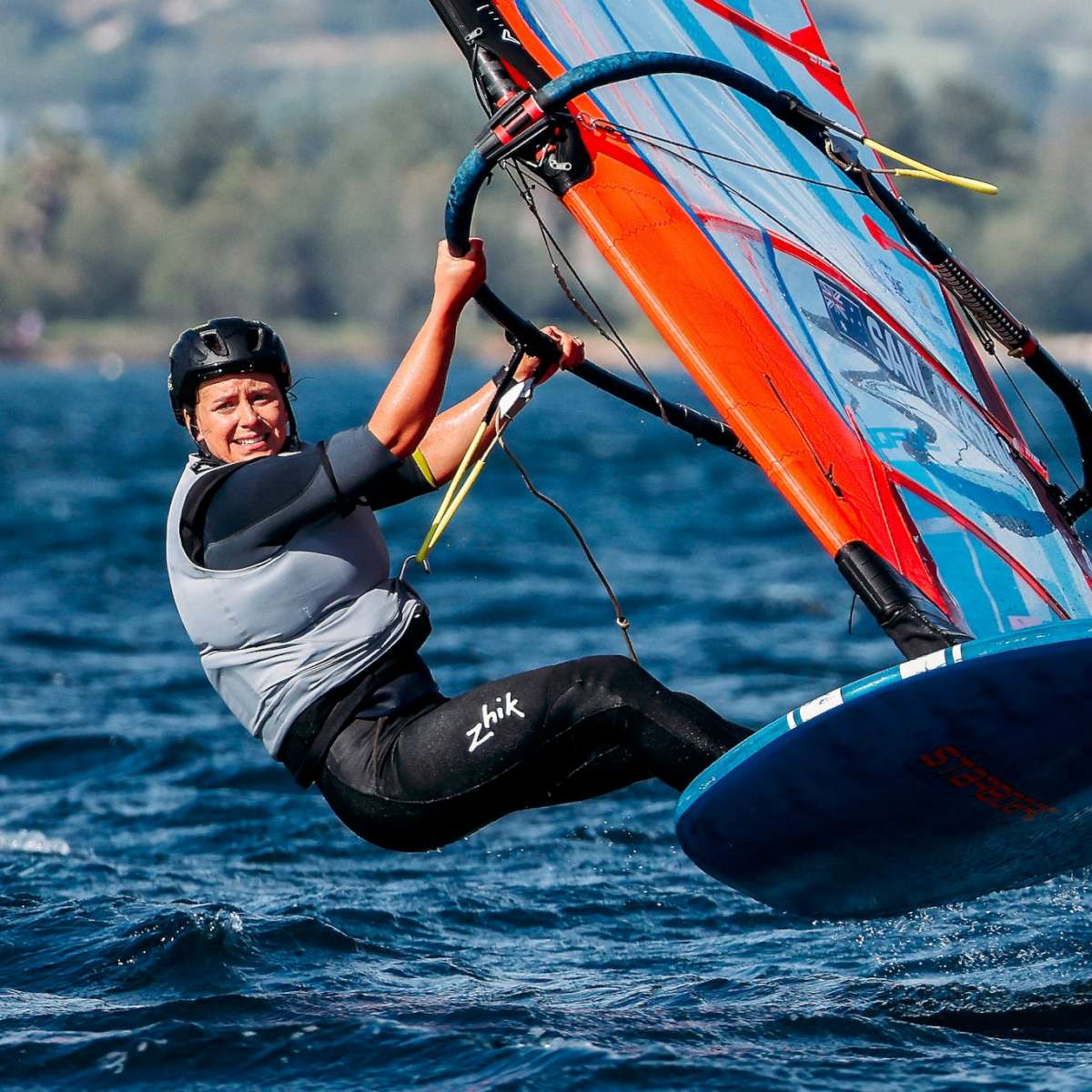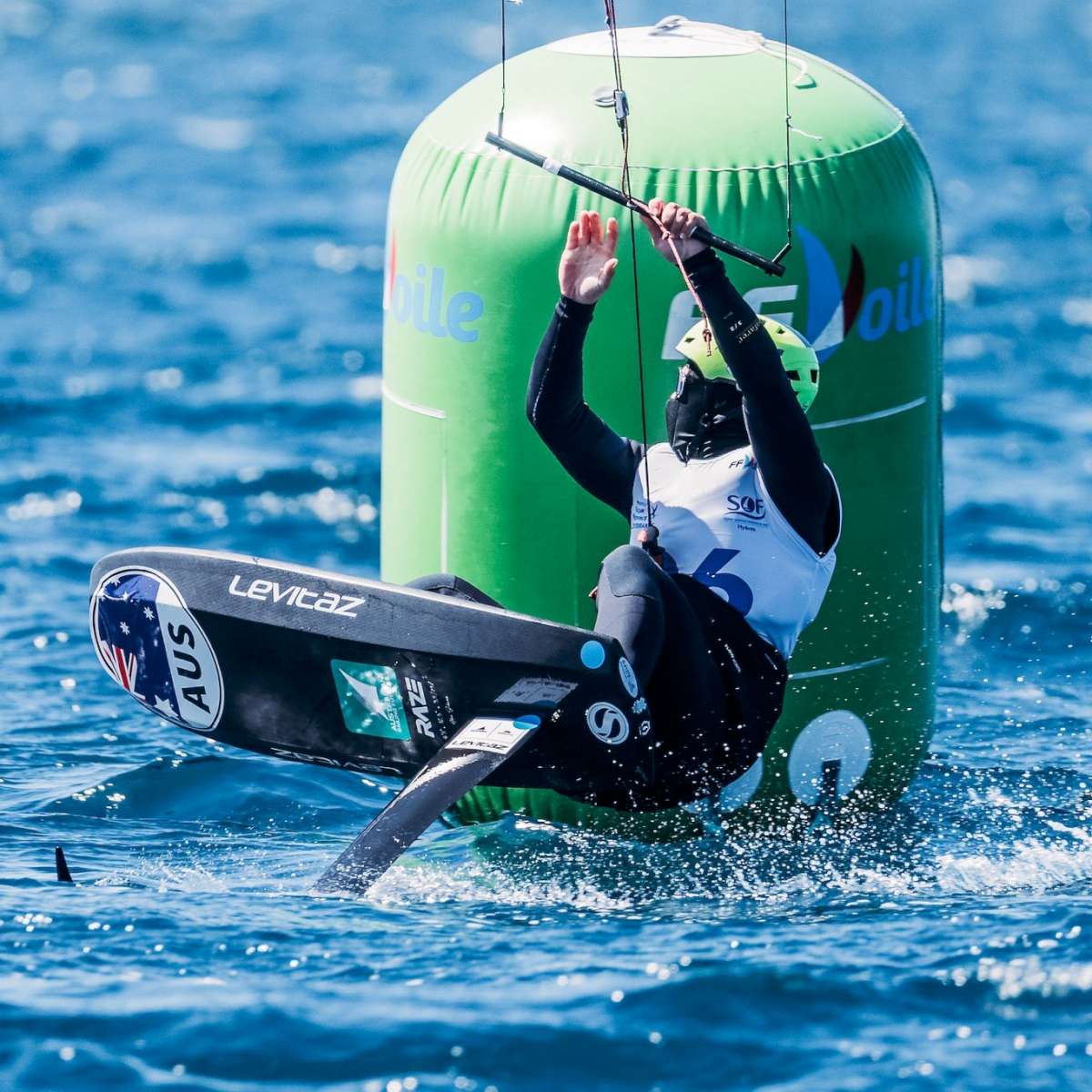ARC and ARC+ rally fleets gather in Gran Canaria ahead of their Atlantic adventure
With less than three weeks before the first departure, ‘ARC Season 2024’ is now underway. 1,300 people on 240 yachts sailing in the ARC and ARC+ transatlantic rallies are gathering in the Canary Islands, where they will prepare for their adventure before sailing across the Atlantic to the Caribbean in November.
2024 will be the 39th edition of the ARC (Atlantic Rally for Cruisers) from Las Palmas de Gran Canaria to Saint Lucia, and the 12th edition of the ARC+ rally, which sails from Las Palmas to Cape Verde and then to Grenada.
Both rallies continue to attract participants of all nationalities, ages and backgrounds, sailing a variety of yachts from custom builds to production family cruisers. Multihulls are increasingly popular, with a record 46 catamarans and two trimarans listed for the ARC and 26 multihulls registered for ARC+.
94 yachts are registered for ARC+ to Grenada and 146 for ARC to Saint Lucia, with 1,300 crew from 38 countries aged from 9 months to 83 years.
Family cruising
53 children aged under 16 will be crossing the Atlantic this year with the ARC rallies. ARC+ via Cape Verde is the more popular route with families as the stop in the islands provides opportunities for exploring new places. 19 family boats with 37 children are sailing the ARC+ route, with 16 children on 8 boats in the ARC.
This year’s ‘ARC kids’ hail from 10 nations, are aged from just 9 months and include three sets of twins. All children between the ages of 6 and 16 can join the complementary ARC kids’ club in Las Palmas, giving parents space to make final preparations.
Boats of all sizes
Over 60 boat manufacturers and brands are represented across the ARC fleets from Allures to X-Yachts, with Beneteau and Jeanneau heading the manufacturers’ table with 18 and 16 entries respectively. The smallest yacht registered this year is Hallberg-Rally 340 Aria Legra (GBR) and the largest is No Rush (GBR) a Southern Wind 105.
While both ARC+ and ARC are cruising rallies rather than races, the sailors enjoy fun competition using the in-house handicap system. In addition, boats sailing in the ARC can join the IRC racing division – 11 yachts are racing under IRC this year.
The ARC record from Las Palmas to Saint Lucia with no motoring was set in 2016 by George David’s Rambler 88 (USA) in 8 days, 6 hours, 29 minutes and 12 seconds. Will the record be challenged this year?
Potential first-finishers include Volvo 70 Green Dragon (AUT), Vismara 62 Leaps & Bounds 2 (MLT) and Swan 76 La Loévie (MLT), skippered by three-times ARC racing division winner Jean-Pierre Dick. First multihull across the line could be one of the three ORCs or five Outremer catamarans, or maybe one of the pair of Neel 47 trimarans – it all depends on the tradewinds.
Departures and destinations
Las Palmas is an ideal home for the ARC and ARC+ rallies, providing all the maritime and provisioning supplies required ahead of an Atlantic crossing.
Rally activities in Las Palmas begin two weeks ahead of each rally start. The safety inspections, cruising seminars and activities like tree planting in the ARC Forest, liferaft demonstration and sextant workshop all help to build bonds between the sailors, calm last-minute nerves and foster the rally spirit.
After departing Las Palmas on 10 November, the ARC+ fleet will make landfall in Mindelo on São Vicente in the Cape Verde islands, 850NM and 5-7 days sailing away. Following time ashore for relaxing and exploring, on 22 November the fleet then heads 2150NM west to St George’s in Grenada, which should take around 12-16 days. The final prizegiving is on 12 December in Grenada.
On 24 November the ARC fleet will sail from Las Palmas 2800NM direct to Rodney Bay in Saint Lucia, a voyage of 18-21 days for most boats. The prizegiving takes place on 21 December.
In Saint Lucia, many people say that the arrival of the ARC boats to Rodney Bay heralds Christmas, and what better way to celebrate the season than in the Caribbean sunshine.


























